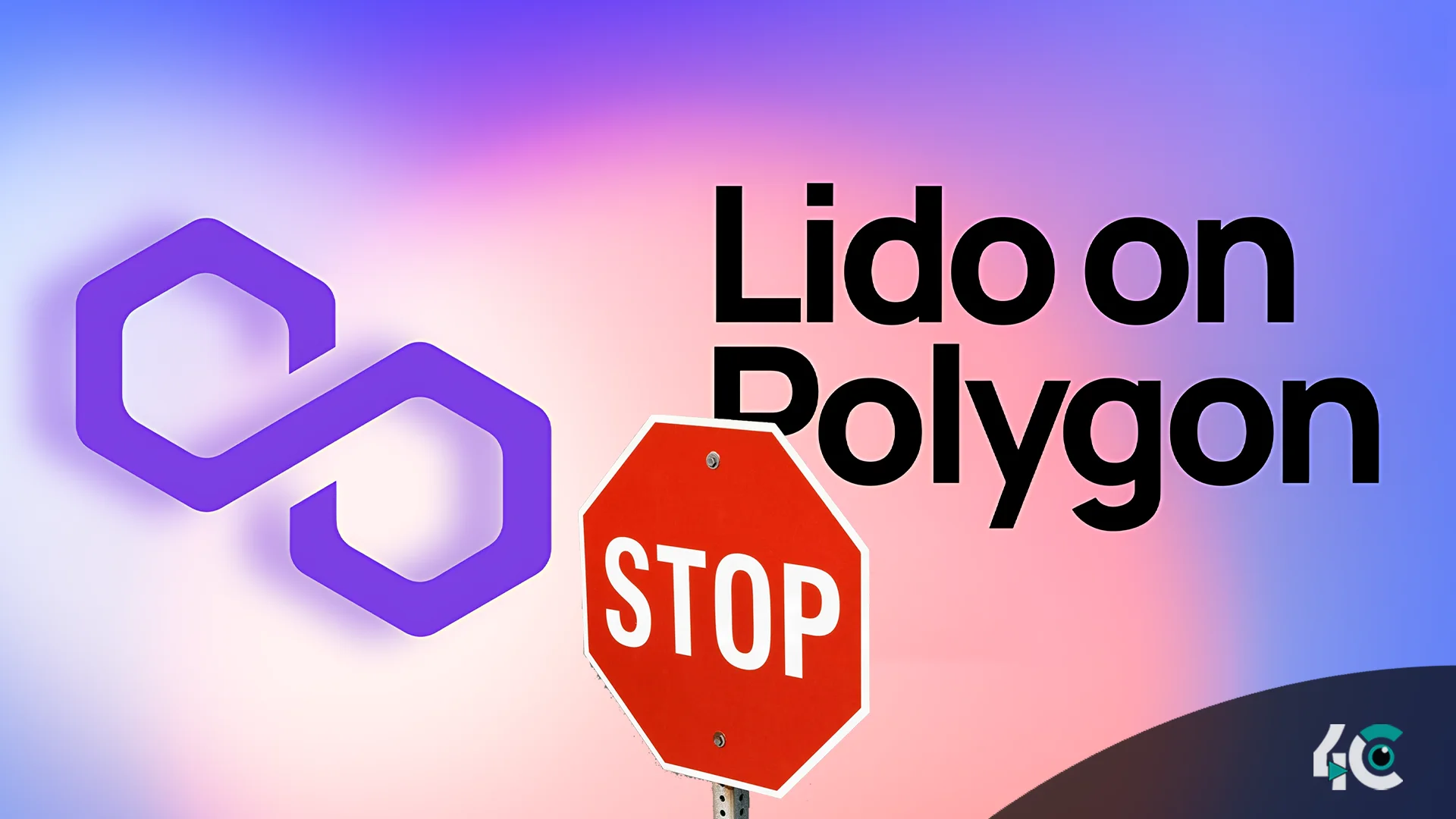Lido Finance, the premier liquid staking protocol, has chosen to stop offering staking services on the Polygon network owing to low acceptance and changing market conditions. This strategic move comes after a lengthy community discussion and a governance vote that overwhelmingly approved the plan.
In a December 16 release, Lido’s team stated that Polygon’s decision toward zkEVM solutions has lowered demand for liquid staking. Polygon decided to cease operations due to the high maintenance expenses and limited development potential of its proof-of-stake (PoS) network.
As of December 16, 2024, Polygon had already disabled Lido staking requests. However, customers can withdraw their staked MATIC tokens using the Lido interface until June 16, 2025. After this date, we will discontinue frontend support and only allow withdrawals through manual browser tools.
Furthermore, there will be a temporary halt in operations from January 15 to January 22, 2025, during which withdrawals would be impossible. Users should unstake their tokens before the June deadline to avoid any problems.
Lido Finance remains the most liquid staking platform in the decentralized finance (DeFi) sector, with a total value locked (TVL) of almost $38 billion. Despite its dominance, Polygon’s issues, including reduced incentives and a smaller-than-expected environment, have had an influence on Lido’s capacity to maintain network services.
This decision is comparable to Lido’s previous exodus from the Solana blockchain in 2023, when similar difficulties of unsustainable economics and lower-than-expected adoption prompted the protocol to refocus on its core activities, specifically Ethereum.
Lido’s departure from Polygon mirrors a larger trend in the DeFi environment, in which initiatives prefer ecosystems with more long-term potential and user demand.
































